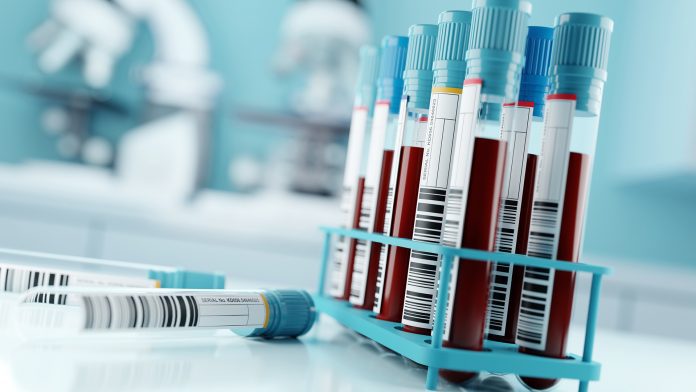
Mount Sinai researchers have discovered a potential therapy option for patients with multiple myeloma.
Multiple myeloma is a type of bone marrow cancer. It is typically diagnosed after a routine blood or urine test and symptoms include persistent bone pain, tiredness, weight loss, and repeated infections. This cancer cannot be cured; however, treatments are available to control symptoms such as chemotherapy, steroids, and stem cell transplant.
Now, the research team explored whether T cell-based immunotherapies could transform multiple myeloma cancer treatment. They published their findings in Blood Advances, revealing that sequential use of different T cell-based immunotherapies in multiple myeloma patients is possible and could lead to good patient outcomes and survival.
Analysing the effects on multiple myeloma patients
In a retrospective analysis, researchers identified 58 multiple myeloma patients who participated in a bispecific antibody clinical trial at Mount Sinai and underwent salvage therapy due to relapse. The patients were monitored on average for 30.5 months and underwent two further salvage therapies during that time.
Nineteen participants received T cell-based immunotherapy as the first salvage therapy, and the rest of the group received a traditional type of therapy, such as chemotherapy. The researchers found that 32% of patients who underwent T cell-based immunotherapy as a first salvage therapy required further salvage therapy due to relapse or non-response to therapy. Contrastingly, 79% of the patients treated with traditional therapy required secondary salvage therapy. Some of these patients went on to receive T cell-based immunotherapy as their second therapy, resulting in a total of 28 patients who received T cell-based immunotherapy.
Depth and duration of response to the first bispecific antibodies treatment did not predict response to the second T cell-based immunotherapy, revealing that if the multiple myeloma patients did not respond to the first treatment course, a second course could still be effective. The overall response rate of the 19 patients who moved from the initial bispecific antibodies to T cell-based therapy as the first salvage therapy was 84%, compared to 49% in those receiving other traditional therapies.
The future of T cell-based immunotherapies
“As the clinical use and advancement of T-cell redirection therapies continue to grow, effective strategies are needed to manage outcomes for patients who relapse or are unresponsive to this initial treatment,” said senior author Samir Parekh, MD, Director of Translational Research in Myeloma, co-leader of the Cancer Clinical Investigation program at The Tisch Cancer Institute, and a member of the Icahn Genomics Institute at the Icahn School of Medicine at Mount Sinai. “This study shows patients relapsing after initial bispecific antibodies therapy can benefit from a second bispecific antibody or CAR-T cell therapy.”
The researchers are focussing on more studies to understand how T cells function after initial T-cell redirection therapy and how they are activated in sequential bispecific antibodies and CAR-T cell treatments for multiple myeloma. “Future clinical trials incorporating sequential combinations of T-cell redirection therapy will build upon these findings to further develop treatment guidelines and improve long-term outcomes for multiple myeloma patients,” Dr Parekh said.







